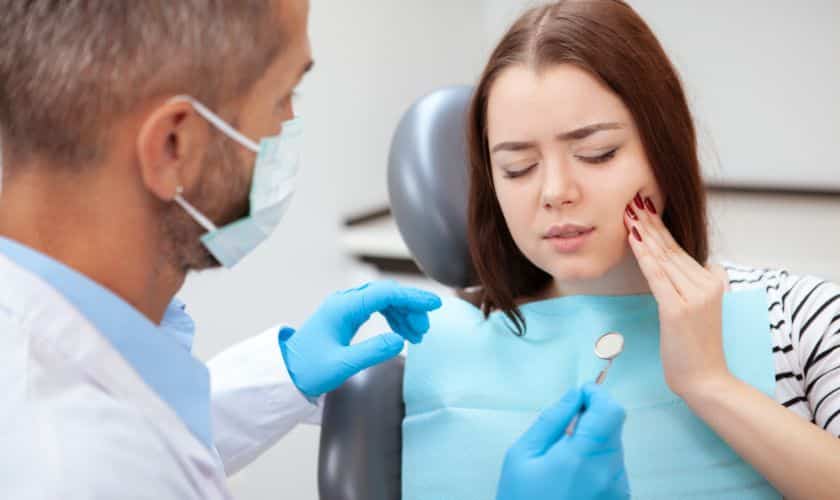Dental emergencies can happen to anyone, at any time. From sudden toothaches to broken teeth, dental emergencies can be painful and stressful. It’s essential to know how to handle these situations and have access to emergency dental care when needed. In this blog post, we’ll discuss the importance of knowing an emergency dentist and how to handle dental emergencies.

Why You May Need an Emergency Dentist Appointment?
A dental emergency can occur at any time, whether it’s during the day or night, on the weekend, or on holiday. In some cases, waiting until the next available appointment can worsen the condition and cause further damage. It’s crucial to have access to emergency dental care to receive prompt treatment and alleviate pain and discomfort.
An emergency dentist is available outside of regular business hours to treat dental emergencies promptly. Emergency dental care providers can offer a range of services, including tooth extractions, dental crowns, and root canal therapy, to treat various dental emergencies.
How To Handle Dental Emergencies?
The first step in handling a dental emergency is to stay calm and assess the situation. Common dental emergencies include:
- Toothache: Rinse your mouth with warm water and floss gently to remove any food particles stuck between teeth. Take over-the-counter pain medication to alleviate pain and contact your emergency dentist.
- Broken Or Chipped Tooth: Rinse your mouth with warm water and apply a cold compress to the affected area to reduce swelling. Collect any broken pieces and contact your emergency dentist.
- Knocked-Out Tooth: Rinse the tooth gently with water, being careful not to remove any tissue fragments. Try to reinsert the tooth into the socket and hold it in place with a clean cloth. If the tooth can’t be reinserted, place it in a container of milk or saliva and contact your emergency dentist immediately.
Source: Howcast
Preventing Dental Emergencies
While dental emergencies can happen unexpectedly, there are steps you can take to prevent them from occurring. Maintaining good oral hygiene habits, such as brushing and flossing daily, can help prevent tooth decay and gum disease, which can lead to dental emergencies.
Additionally, avoiding hard foods and chewing on ice or other hard objects can help prevent broken or chipped teeth. Wearing a mouthguard during sports activities can also help protect your teeth from injuries.
Dental emergencies can be painful and stressful, but knowing how to handle them and having access to emergency dental care can help alleviate pain and prevent further damage. An emergency dentist can provide prompt treatment to address various dental emergencies, including toothaches, broken teeth, and knocked-out teeth. By taking preventative measures, such as maintaining good oral hygiene habits and wearing a mouthguard, you can reduce your risk of experiencing a dental emergency. Remember to stay calm, assess the situation, and contact your emergency dentist for prompt treatment in the event of a dental emergency.




